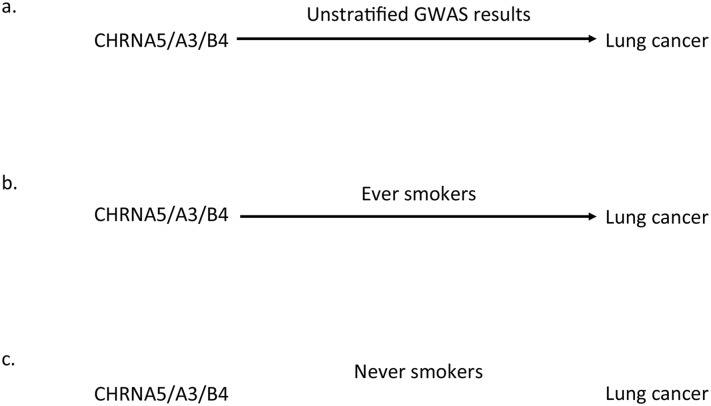Fig 1. Illustration of the Mendelian randomization framework.
In Mendelian randomization, if there is a causal effect of the exposure (e.g., smoking heaviness) that is being captured by the genotype on the outcome (e.g., lung cancer), then an association of genotype with the outcome should be detectable in a sufficiently large unstratified GWAS (panel A). This can be confirmed in a stratified analysis, where an association of genotype with the outcome should only be seen in the exposed group (i.e., smokers, panel B) and not the unexposed group (i.e., never-smokers, panel C). This is a special case of gene × environment (G × E) interaction, where both G and E are known, although it will not always be possible to stratify on the exposure, and stratification (which can be considered a form of statistical adjustment) can introduce other potential biases in certain circumstances (see Box 3).

